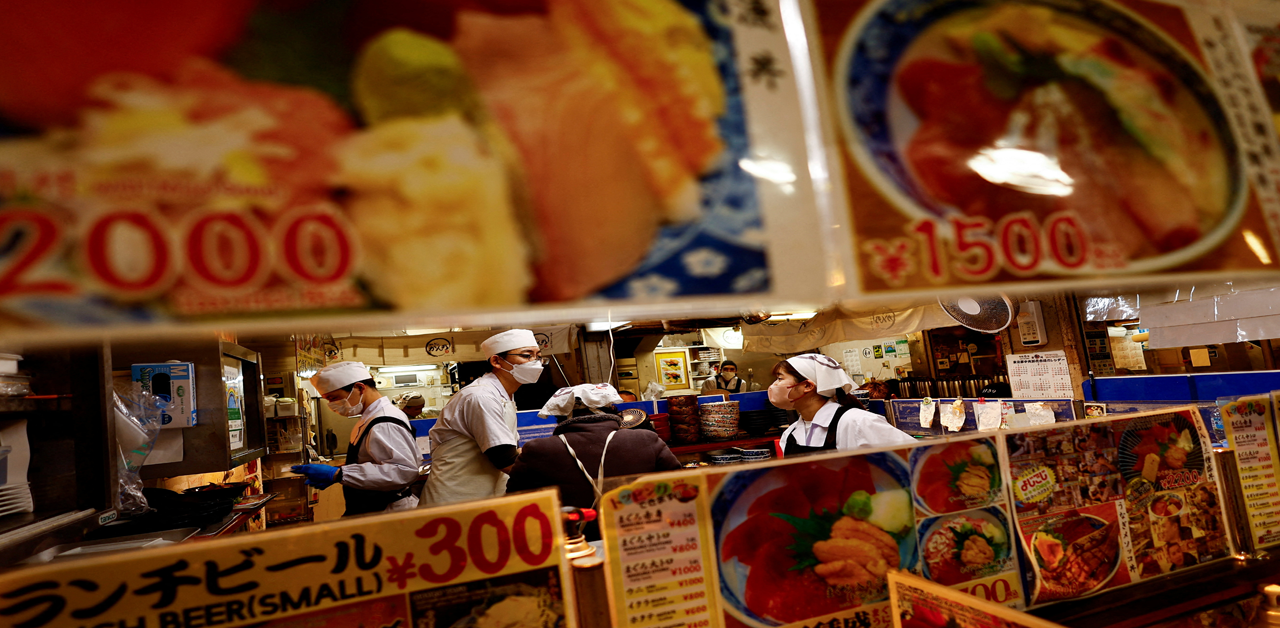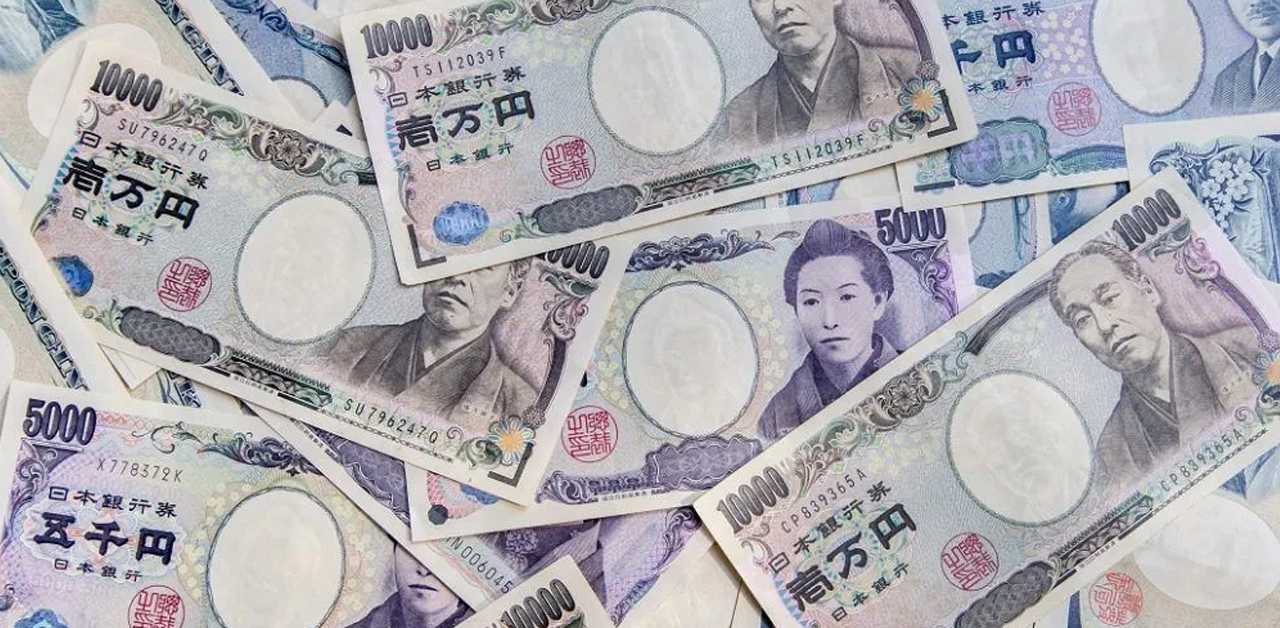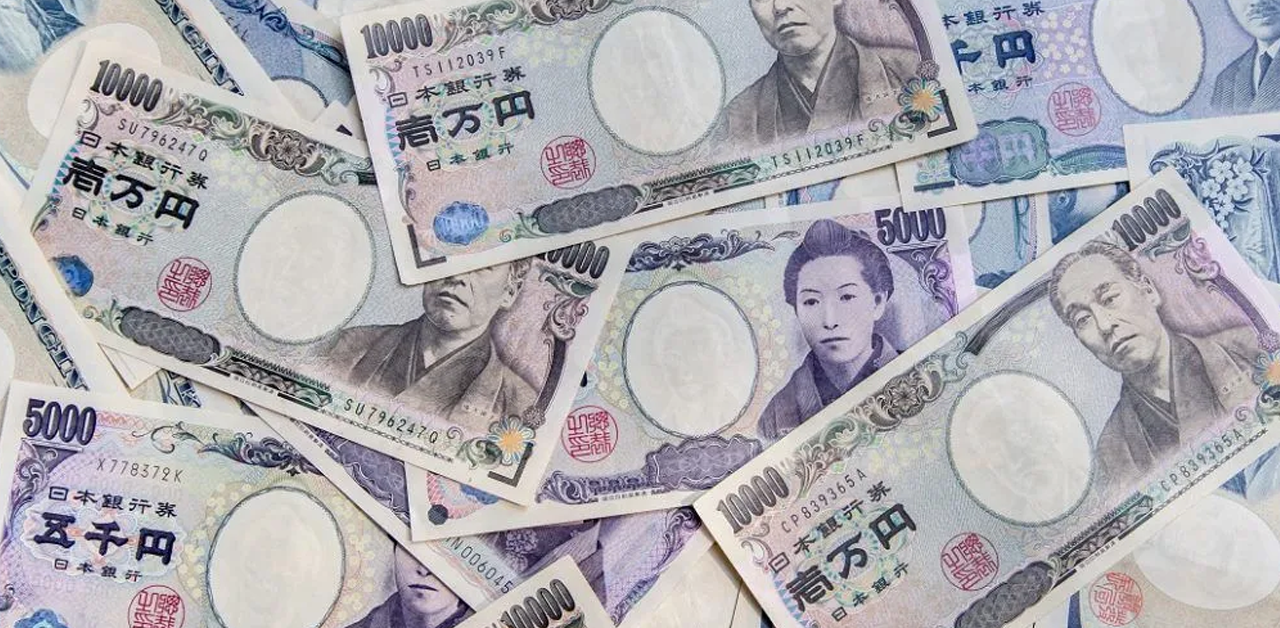Japan’s Service Activity Declines for First Time in 2 Years, PMI Reveals
Japanese service activity contracted in June for the first time in nearly two years as domestic demand cooled, according to a private sector survey released on Wednesday. Despite this contraction, business confidence and hiring indicators remained positive.
The service sector has been a key driver of economic growth in Japan, helping to offset weak manufacturing performance. However, the final au Jibun Bank Service purchasing managers’ index (PMI) fell to 49.4 in June from 53.8 in May, ending a 21-month streak of expansion, as reported by the S&P Global Market Intelligence survey.
The June PMI reading was weaker than the initial flash estimate of 49.8 and marked the first dip below the 50.0 threshold, which separates expansion from contraction, since August 2022. The decline in new business activity in June suggested a pause in growth rather than an outright drop in demand.
Demand decreased in consumer services, finance and insurance, and real estate and business services, while sectors such as transport and storage, and information and communication saw increases. The weak yen, which has depreciated by over 12% this year, supported overseas demand for Japanese services.
Although employment growth slowed, it remained relatively strong, and business confidence for the next 12 months stayed robust. However, a combination of rising wages, food and fuel prices, and the weaker yen drove up input costs, leading to the fastest inflation rate since August of the previous year.
Companies responded to these increased costs by continuing to pass on price hikes to consumers, with the pace of average prices easing only slightly from the record highs seen in April and May. The composite PMI, which includes both manufacturing and service activity, fell to 49.7 in June from 52.6 in May, marking the first time the index dropped below 50.0 in seven months.
In summary, while the Japanese service sector saw its first contraction in nearly two years due to cooling domestic demand, the overall economic outlook remains cautiously optimistic, with ongoing strength in employment and business confidence despite rising costs and inflation pressures.












